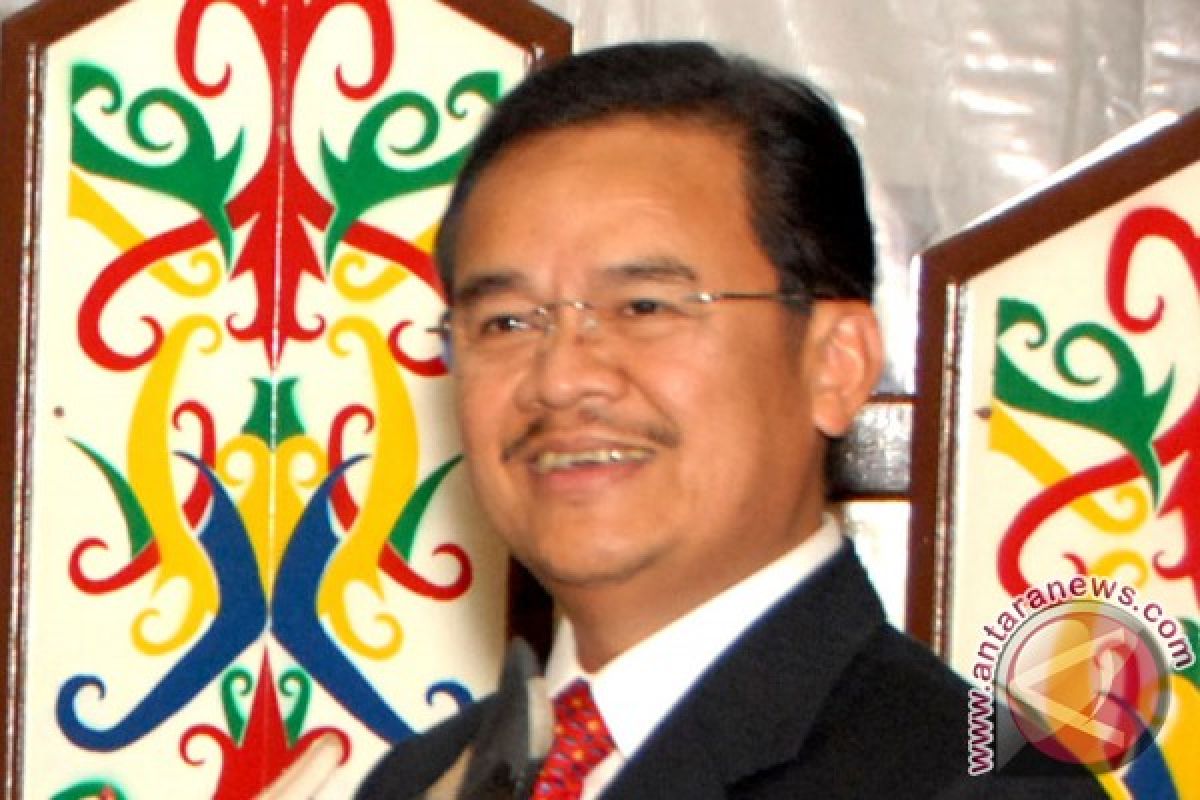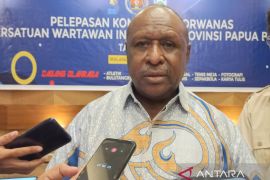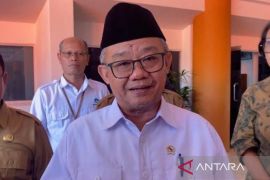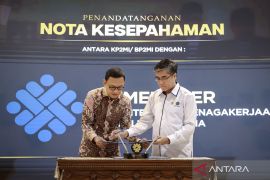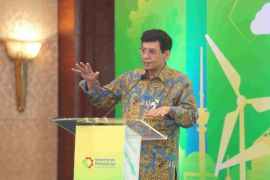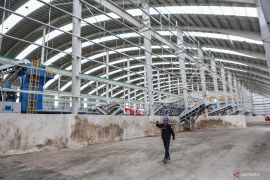"The traditional and the indigenous communities around the world are the best examples of the jurisdiction approach that has successfully proven to protect forests," he said in a press release received here Tuesday.
The Governor of Central Kalimantan represented the GCF members in a panel discussion moderated by the Administrator of the UN Development Program (UNDP), Helen Clark, during the Climate Summit at the annual meeting of the United Nations in New York, United States, Tuesday..
The sub-national leaders from seven countries, such as the governors from Brazil, Indonesia, Mexico, Nigeria, Peru, Spain and the United States, are the members of the GCF initiative. They govern the regions that have more than 25 percent of the worlds tropical forests.
The Governor of Central Kalimantan delivered his testimony as one of the Dayak community members.
As the indigenous and the traditional communities could protect the forests, he advised the governments and administrations to learn from them.
Teras Narang urged the governors to ensure that the local and indigenous communities gain the advantages from the forests and peatland managements.
He added that in order to achieve this, all the parties involved should extend their support, which can be financial or technical, and getting these communities accessibility to domestic and international markets, besides offering other opportunities for reducing emissions.
With the strong commitment of the GCF members and full support from the donor countries, civil societies and the private sectors, Teras Narang is optimistic that forest preservation for environmental protection and sustainable development will be achieved.
Since 2008, the GCF members have spearheaded every effort to promote the integration of climate and forest protection.
Together with the civil societies, the governors have been leading the comprehensive approaches to implement REDD+ (Reducing Emissions from Deforestation and Forest Degradation) and low emissions development.
As a result, the state and province administrations of the GCF have contributed significantly to curb the deforestation and global emissions.
For instance, Brazil could reduce the rate of deforestation of more than 70 percent and decrease the carbon dioxide emissions of more than three billion tons in 2006-2012.
Teras Narang said that the commitment to work closely with the groups such as the Consumer Goods Forum and the private sectors through the jurisdiction program is mainly to achieve the deforestation-free supply chain.
The UN Secretary General, Ban Ki Moon, called for joint efforts to reduce emissions, strengthen climate resilience and show the political will to reinforce these commitments at the UNFCCC (The United Nations Framework Convention on Climate Change) 2015 in Paris.
In a meeting in Rio Branco, Brazil, in August 2014, 21 of the 26 GCF members had expressed the determination to reduce deforestation to 80 percent by 2020.
An analysis from the Earth Innovation Institute had stated that if this target was achieved, carbon dioxide emissions of 3.8 billion tons could be curbed.
(Uu.KR-LWA/INE/KR-BSR/H-YH)
Editor: Priyambodo RH
Copyright © ANTARA 2014
